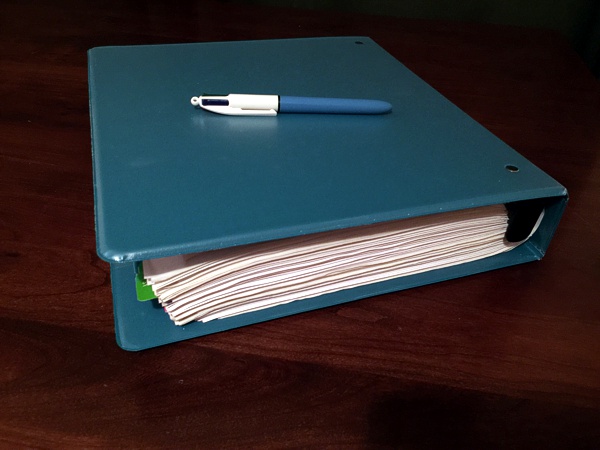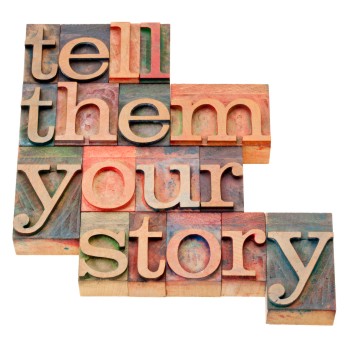
Photo License: CC0 Public Domain
“That’s the magic of revisions – every cut is necessary, and every cut hurts, but something new always grows.” ― Kelly Barnhill
“The writer must have a good imagination to begin with, but the imagination has to be muscular, which means it must be exercised in a disciplined way, day in and day out, by writing, failing, succeeding and revising.” ― Stephen King
“The best advice I can give on this is, once it’s done, to put it away until you can read it with new eyes. When you’re ready, pick it up and read it, as if you’ve never read it before. If there are things you aren’t satisfied with as a reader, go in and fix them as a writer: that’s revision.” ― Neil Gaiman
I recently hit the point in revising HOW TO HEAL A LIFE where I’m even more connected to the story and the characters. I’m adding those extra little touches that allow for deeper meaning and emotional impact. I’m learning far more than I knew I was missing about who these characters are. At the same time, I’ve been strengthening their interactions, tweaking the overall story arc, and filling in any plot holes.
It feels really good to be at this point. I wanted to wrap this book up MONTHS ago, but I’m so very glad I stuck it out and kept on plugging away at the revision phase instead of calling it “quits” too early. I would’ve been seriously disappointed in myself. Especially when it came to this book. Seth’s journey is a difficult one, but I always hoped that would make the book all the more emotional and powerful for the reader. I wanted to give his story the attention it deserved.
Now it’s coming together to be what I’d always envisioned for his story, and I couldn’t be happier.
I have a bit more to go with the revisions, but for me, this is one of the most rewarding parts of the writing process. I can’t wait to do my next read-through and see the full effect.






